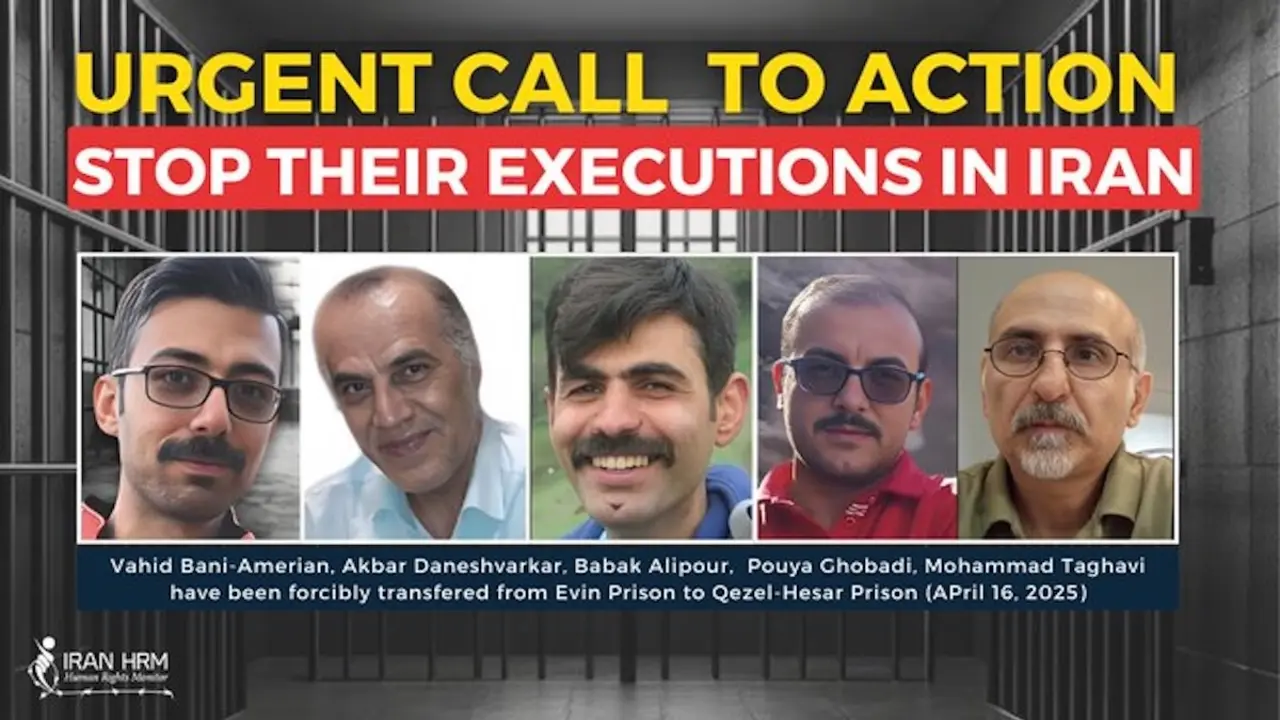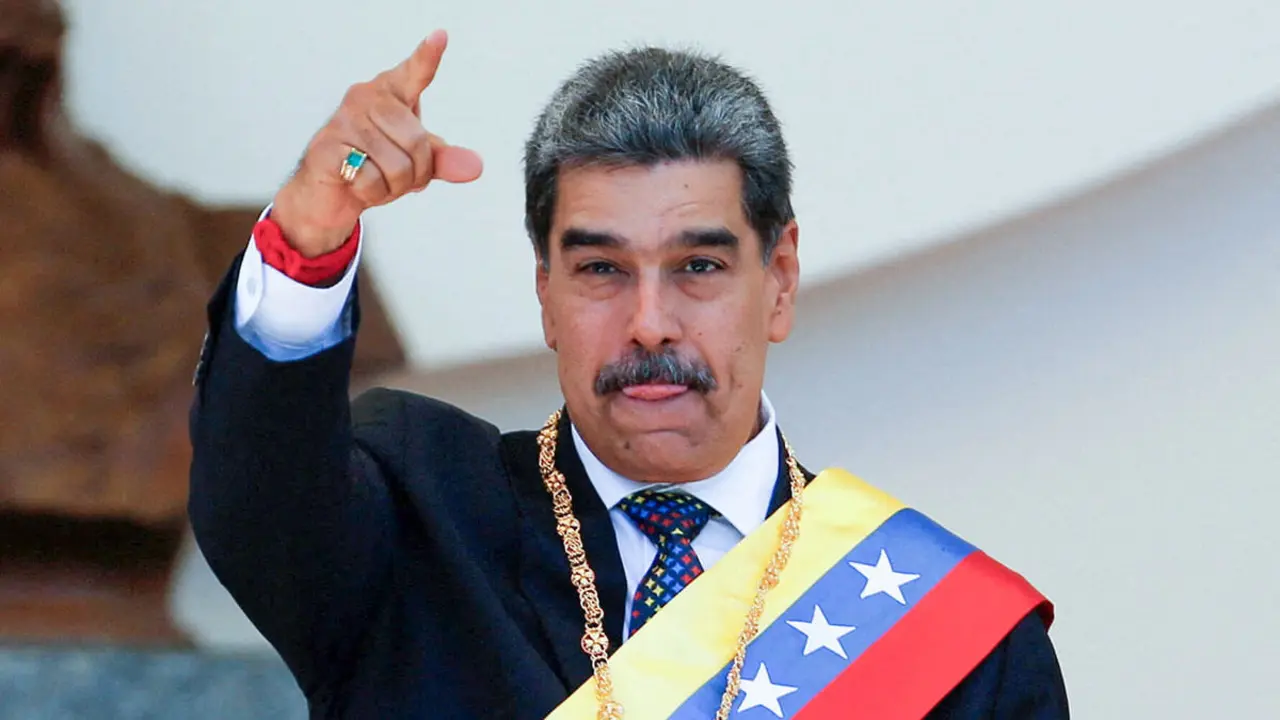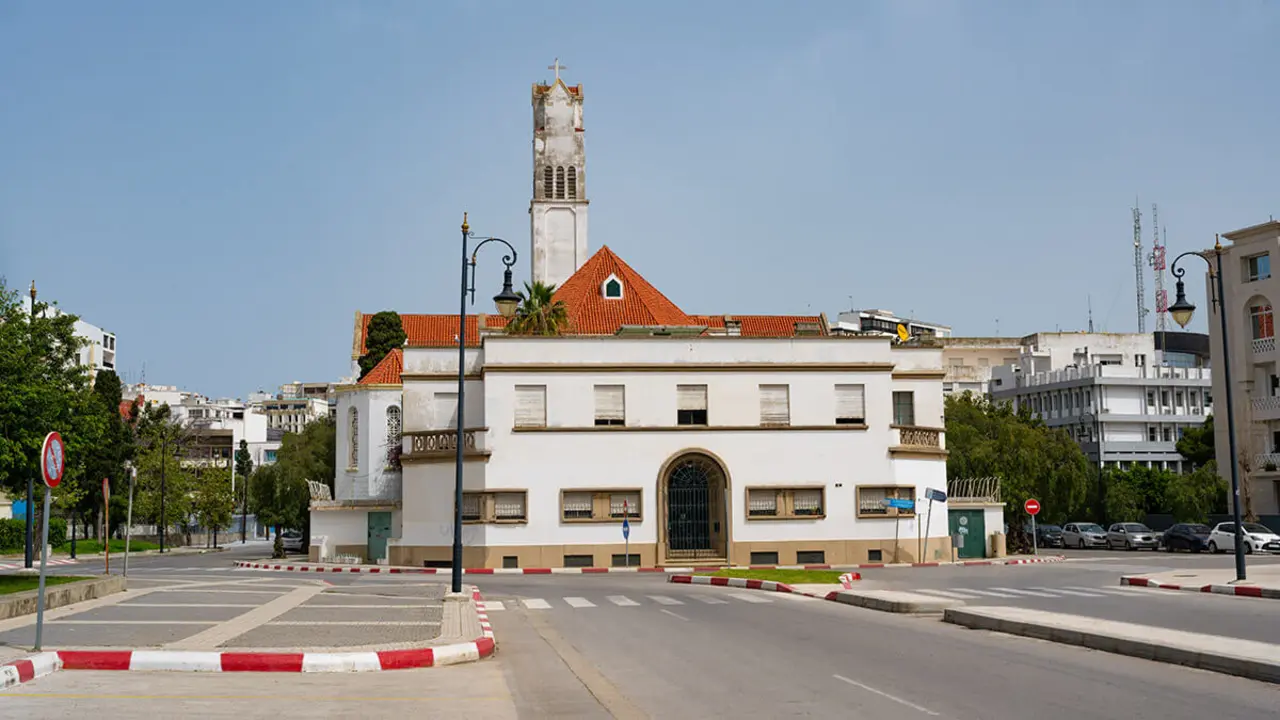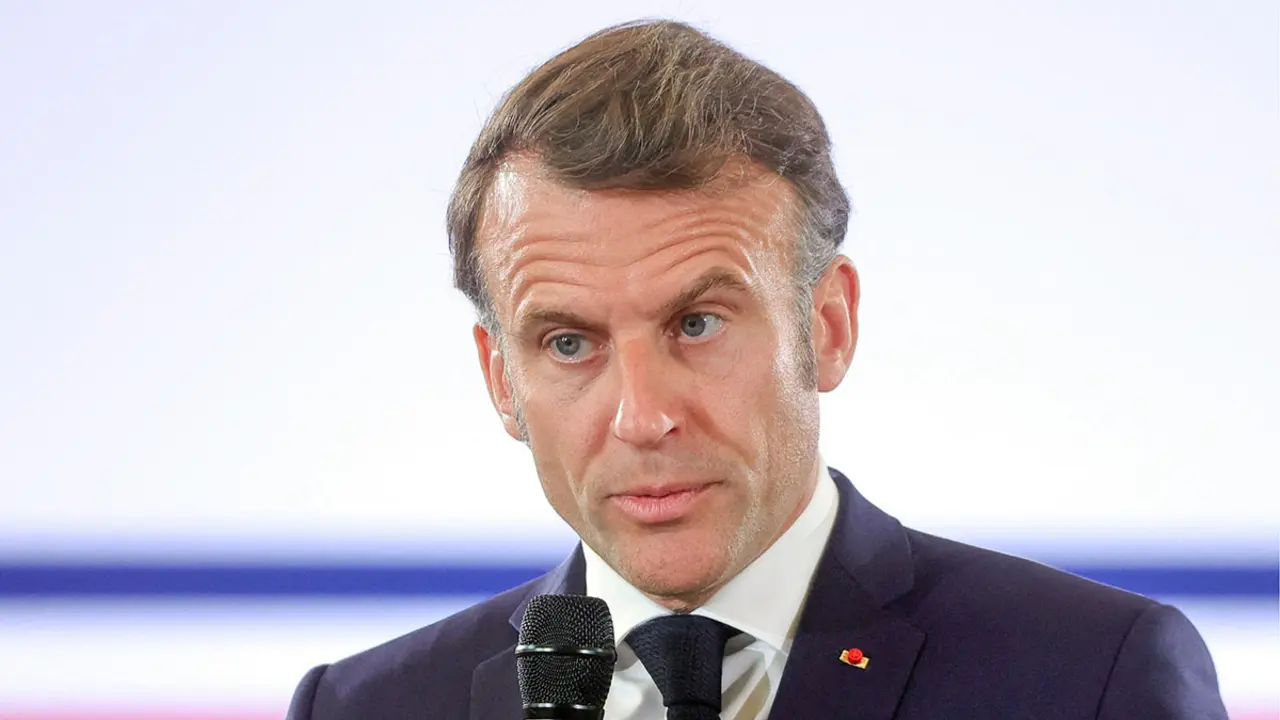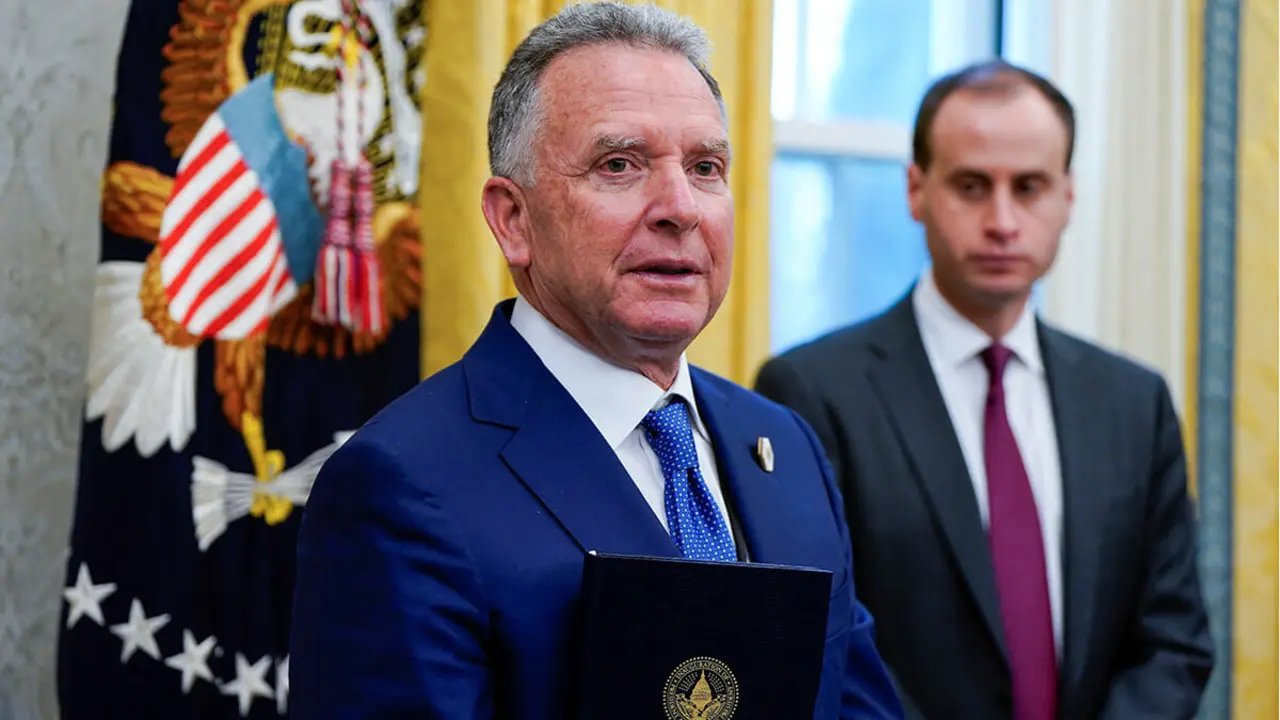Nova Kakhovka, the water war that contributes to the silence of the Ukrainian counteroffensive

No one acknowledges the attack. Both Russia and Ukraine accuse each other of the destruction of the Nova Kakhovka hydroelectric power plant dam on the Dnieper River, some 60 kilometres from Kherson. This is one of the largest infrastructures in the country and since early Tuesday morning it has become another weapon in the Russian invasion of Ukraine.
The authorities imposed by the Kremlin relate the destruction to the accumulation of damage suffered in recent months, but from Kiev they point to an "internal detonation of the structures". This is the version published by the Ukrainian company that manages the power plants and supported by President Volodymir Zelenski in a Telegram message.
Everything now hinges on military strategy. "We have to be very cautious; the information is confusing and it is not clear who was responsible for the attack", comments Lucas Martín, a contributor and international analyst, in a conversation with this newspaper. "Only part of the dam has been detonated. This effectively makes it difficult for Ukrainian troops to cross the river to the other side of the Dnieper, but the flooding also affects the southern bank where the Russians have their defensive bases. On the Russian side, there was no real threat of Ukrainian troops crossing," he adds.
Russian terrorists. The destruction of the Kakhovka hydroelectric power plant dam only confirms for the whole world that they must be expelled from every corner of Ukrainian land. Not a single meter should be left to them, because they use every meter for terror. It’s only… pic.twitter.com/ErBog1gRhH
— Володимир Зеленський (@ZelenskyyUa) June 6, 2023
Cross-accusations: information silence fulfilled
"We categorically deny these accusations. This is deliberate sabotage, planned and organised by the regime in Kiev," said Russian presidential spokesman Dmitry Peskov. "Russia has blown up the dams at the Kakhovka hydroelectric power plant. The purpose is obvious: to create insurmountable obstacles in the Ukrainian advance; to take the information initiative and slow down a just end to the war," wrote Ukrainian presidential office adviser Mikhail Podoliak.
In any case, Ukraine gets what it demanded earlier this week: information silence. In a campaign launched by Kiev, several Ukrainian servicemen on the frontline are demanding a news blackout on their actions for the counteroffensive. But it is not such silence that they have obtained after the destruction of Nova Kakhovka, but a diversion of media attention that, as it turns out, serves a similar function to surprise the Russian army in the long-awaited Ukrainian spring counteroffensive.
🇷🇺❌🇺🇦 — Over the past 1 hour, Russian and Ukrainian channels reported that the Nova Kharkova Dam, located on the middle of the Dnieper River, was hit by an strike
— toxicmanhala (@toxicmanhala11) June 6, 2023
Both Russian and Ukrainian sides accuse each other of conducting the attacks pic.twitter.com/e5o96Ijzte
Nova Kakhovka, the debate over its consequences
The first of these is the flooding it is causing in the lower reaches of the Dnieper River, where 80 localities could suffer from rising water, according to the Ukrainian authorities. Higher forecasts in contrast to the Russian ones. The Russian governor of Kherson, Andrei Alekseienko, says no major localities are threatened by flooding, because only "the water level has risen by 2 to 4 metres". And while the evacuation of residents near the hydroelectric plant has begun, the Russian mayor of Nova Kakhovka, Vladimir Leontiev, says that "in 72 hours the water level will drop to normal levels".
Second concern: Zaporiyia, although the alarm bells are only ringing in Ukraine. "The Russians will be responsible for the possible deprivation of drinking water for the people of southern Kherson oblast and Crimea, the possible destruction of the population and the biosphere. In addition, their actions threaten the Zaporiyia nuclear power plant," says Zelenski. However, the Ukrainian company Energoatom has assured that the destruction of the hydroelectric plant does not pose a threat. The same argument is maintained by Rosatom, the Russian state nuclear energy company, and the United Nations Nuclear Agency (IAEA).
Consequence number three: Crimea. The Dnieper River provides the canal that supplies 85% of the water used in Crimea, which was annexed by Russia in 2014. In that year, Kiev already made sure to cut off a flow from which the peninsula has not been able to benefit until the Russian invasion of Ukraine.


